DevOps Course Online With Gen AI & Job Placement

 DevOps Course curated with Generative AI Tools
DevOps Course curated with Generative AI Tools  Beginner to Advance Level DevOps Training Placement Support with 400+ Hiring Partners
Beginner to Advance Level DevOps Training Placement Support with 400+ Hiring Partners  This course is best suited for freshers, IT or Non IT and those who want to start career in DevOps
This course is best suited for freshers, IT or Non IT and those who want to start career in DevOps  Learn DevOps online from experts with 10+ years industrial experience and learn tools like Git, Jenkins, and Docker
Learn DevOps online from experts with 10+ years industrial experience and learn tools like Git, Jenkins, and Docker  Enhance your DevOps expertise and future-proof your career with AI-driven workflows
Enhance your DevOps expertise and future-proof your career with AI-driven workflows
Key Feature
 Learn DevOps with Gen AI
Learn DevOps with Gen AI  150+ Hours of live instructor-led training
150+ Hours of live instructor-led training  100+ Hours of Practical Assignments
100+ Hours of Practical Assignments  4 Interview calls every month until you get placement
4 Interview calls every month until you get placement  Expert Career Services to Help You Land a Job
Expert Career Services to Help You Land a Job
 Assured Minimum Package 5-25 LPA
Assured Minimum Package 5-25 LPA  3 Capstone Projects
3 Capstone Projects  Dedicated Mentor for Instant Doubt Clarification
Dedicated Mentor for Instant Doubt Clarification  6 Months Internship Certificate
6 Months Internship Certificate
Significant Demand Growth Since 2020
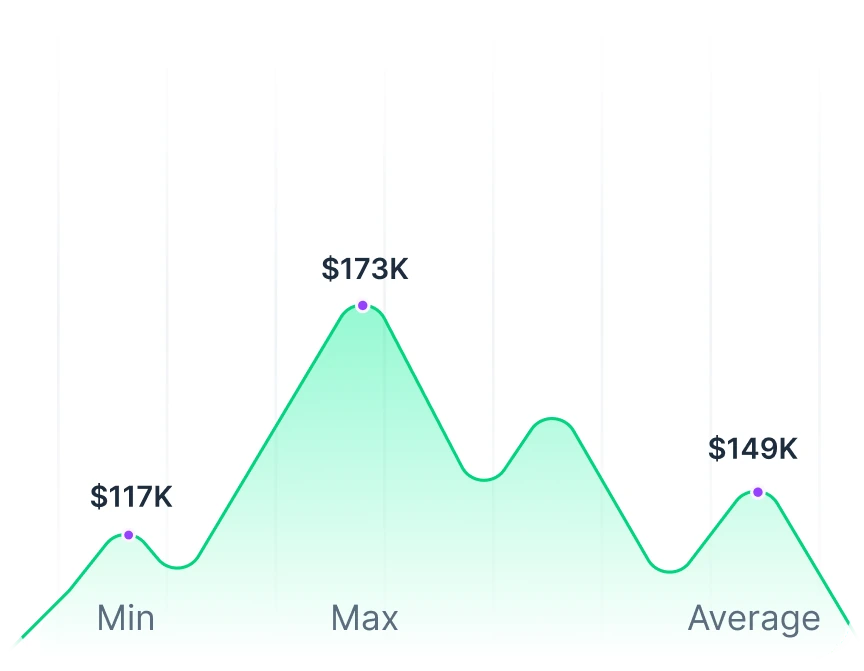









Cloud Engineer roles
Career Transformation


Testimonials


Let's walk you through the journey at StarAgile


- Module 1
- Module 2
- Module 3
- Module 4
- Module 5
- Module 6
- Module 7
- Module 8
- Module 9
- Module 10
- Module 11
- Module 12
- Module 13
Introduction to Cloud Computing
• What is Cloud Computing
• Advantages of Cloud Computing
• Types of Cloud Computing Based on Service and Deployment Models
• Overview of AWS
• Regions and Availability Zones
• Global Infrastructure
Computer Service Overview
• Introduction to Amazon EC2 Amazon EC2
• Part Console Demonstration
• Features of EC2
• AMI Instance Type
• Instance Purchasing Options
• Public IP, Private IP, Elastic IP
• Instance Lifecycle
• Placement Groups
• Security Groups
• Key Pair
• EC2 Product Demonstration (LAB)
• Knowledge Check
Elastic Block Stores
• Introduction to EBS
• Benefits of Having EBS EBS Volume types
• Encryption (Data Security)
• Root and Data Volumes Life Cycle Manager
• AMI vs. Snapshots
• EBS Product Demonstration (LAB)
• Knowledge Check
Note: Practical sessions are integrated with each module for hands-on learning
➢ Elastic File System
• Introduction to EFS
• Comparison between EBS and EFS
• Mount Targets
• Supporting Operating Systems
• Performance and Throughput in EFS
• Benefits of having EFS
• EFS Product Demonstration (LAB)
• Knowledge Check
Simple Storage Service
• Introduction to S3
• Bucket and Object
• Object Versioning
• Server Access Logging
• Multipart Upload
• Object Lock
• Data Encryption
• Static Website Hosting
• Understanding S3 Durability and Availability
• Storage Classes
• Types of Storage Classes
• Life Cycle Management
• Cross Region and Same Region Replication
• Introduction to Cloud Front
• S3 Product Demonstration (LAB)
• Knowledge Check
Virtual Private Cloud
• Introduction to VPC
• Understanding CIDR
• Default and Non-default VPC
• Components of VPC
• VPC and Subnet Sizing
• Security in Amazon VPC
• VPC Flow Logs
• Security Groups
• Network Access Control Lists (NACL)
• Route Tables
Note: Practical sessions are integrated with each module for hands-on learning
• Internet Gateway
• Network Address Translation
• VPC Peering
• Introduction to VPN and Direct Connect
• VPC Product Demonstration (LAB)
• Knowledge Check
Database Services
• Introduction to RDS
• Types of Database Engines in RDS Database Subnet Group
• Database Read Replicas
• Manual and Automatic Snapshots
• Multi-AZ Deployment
• Alternative to RDS
• RDS Product Demonstration (LAB) Introduction to DynamoDB
• Durability and Performance
• Dynamo DB Basic Components Introduction to Elastic Cache Introduction to Redshift
• Data Security & Performance
• Knowledge Check
Route 53
• Introduction to Route 53 Domain
• Registration
• Public and Private Hosted Zone
• Routing Policies
• Types of DNS Servers
• Types of DNS Queries
• Global Accelerator
• Knowledge Check
Identity and access management
• Introduction to IAM
• IAM Features
• Protect your AWS by different authentication system
• AWS User Account and Groups in detail Associating policies to the user and groups
Introduction about Roles and its Use
• Multi Factor Authentication AWS Organization
• IAM Product Demonstration (LAB)
• Knowledge Check
Note: Practical sessions are integrated with each module for hands-on learning
AWS Security Management
• Well Architected Framework – The 5 pillars of AWS
• Describing Trusted Advisor Importance of Cloud Trail
• How Cloud Trail Works
• Cloud Trail Concepts
• Insights Events
• Cloud Trail Event History
• Validating Cloud Trail log file Integrity
• Cloud Watch (Monitoring Service)
• Introduction to Cloud Watch
• How Cloud Watch Works
• Cloud Watch Concepts
• Knowledge Check
Application Integration Service
• Introduction to SNS
• How SNS works
• Topic
• Publishers
• Subscribers
• Introduction to SQS
• Life Cycle of an SQS Message
• SQS Limits
• SQS Retention Period
• Types of Message Queues FIFO Queue
• Standard Queue
• Benefits
• How SQS is different from SNS
• SNS & SQS Product Demonstration (LAB)
• Knowledge Check
Elastic Load Balancer and Auto Scaling
• Introduction to ELB
• Necessity of Load Balancer
• Features of Load Balancer
• Availability Zones and Load Balancer nodes
• Internal and Internet Load Balancer
• Cross Zonal Load Balancer
• DNS setup for ELB
Note: Practical sessions are integrated with each module for hands-on learning
• Introduction to Auto Scaling
• Entities of Auto Scaling
• Auto Scaling Groups
• Manual and Dynamic Scaling
• ELB & ASG Product Demonstration (LAB)
• Knowledge Check
Other Services
• Lambda
• FSx
• Cloud Formation
• Migration Services
• Data Migration
• Snowball
• Snowball Edge
• Snow Mobile
• Database Migration
• Storage Gateway
• File Gateway
• Volume Gateway
• Tape Gateway
• Certificate Manager



- Profile and Resume building
- Business Communication
- Competency Test
- Mock Interviews
- Profile and Resume building
- Portfolio Building
- Build highly optimized Resumes and Cover Letters
- Build your LinkedIn Profile




for placement program


fee of INR (80,000) 20,000



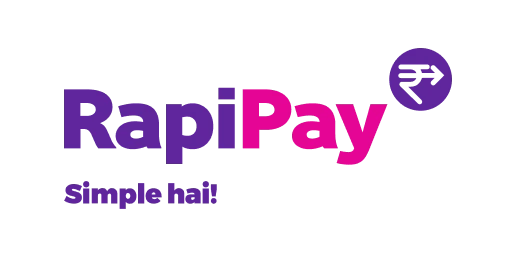
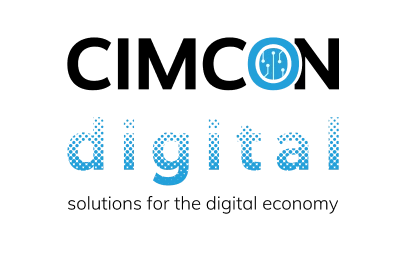
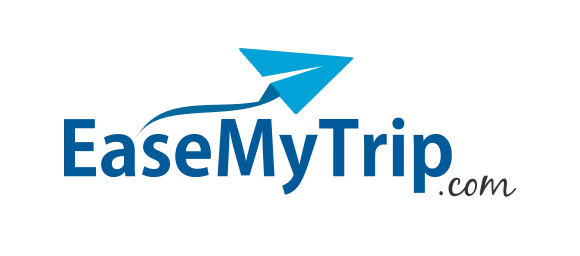
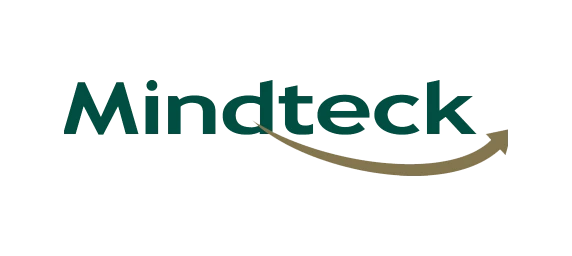

























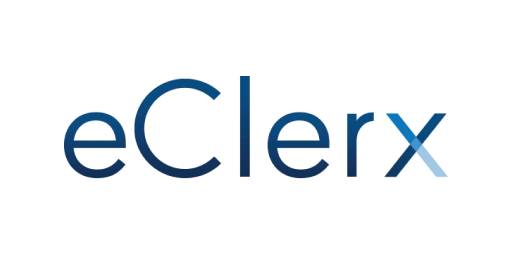

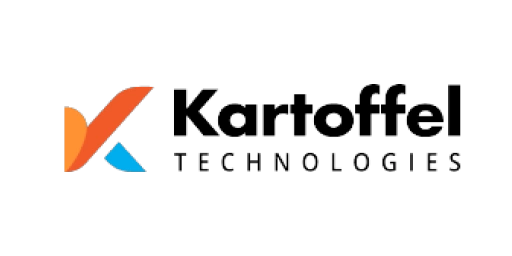

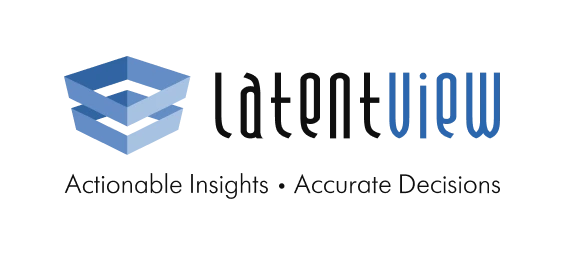

























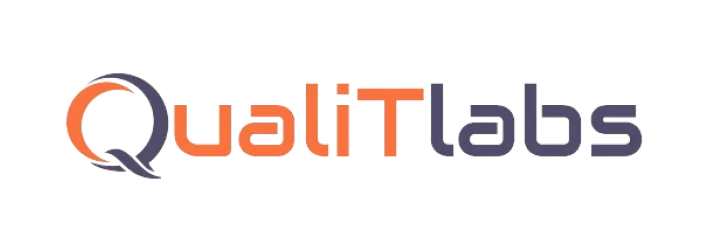

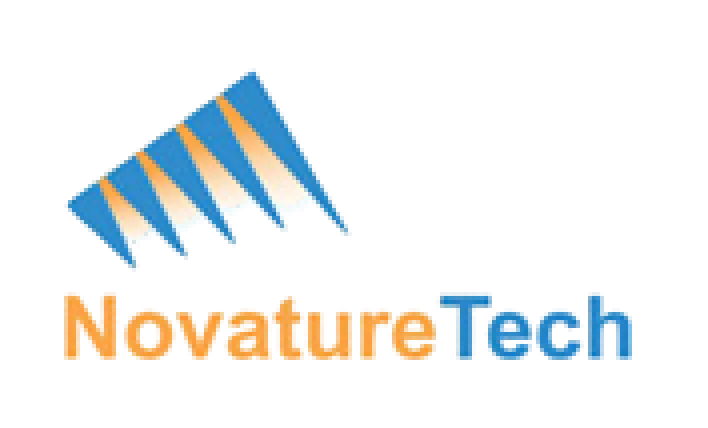




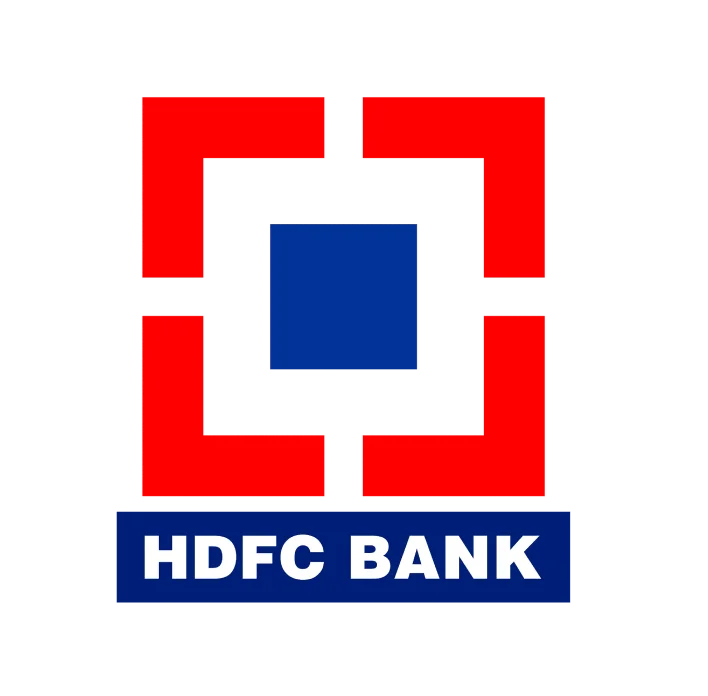

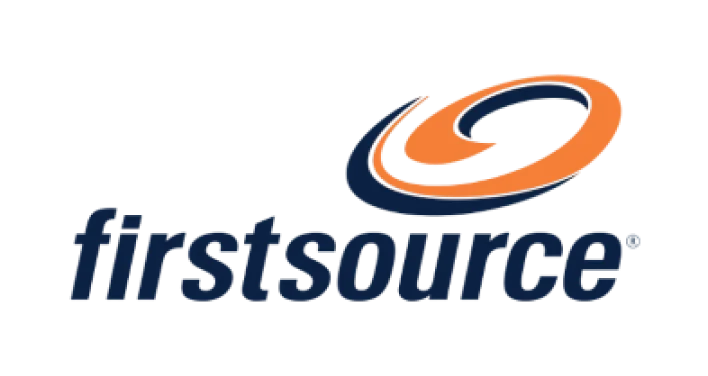
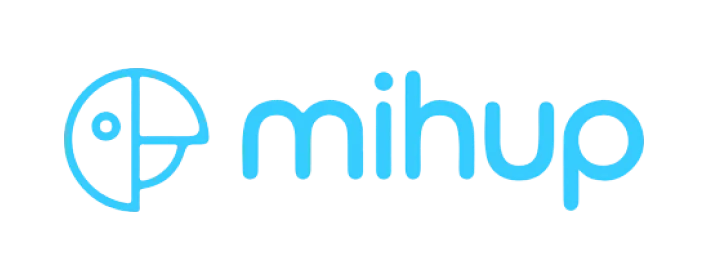




























DevOps Course Training Overview
A DevOps course helps candidates receive training to combine software development and IT operations through the use of streamlined processes and tools. Trainees can learn essential skills, including infrastructure automation, cloud platforms (AWS, Azure, GCP), configuration management, containerization technologies (Docker, Kubernetes), continuous integration and deployment (CI/CD), monitoring and logging, and scripting languages (Python, Bash), along with collaborative practices that accelerate software delivery.
By enrolling in the best DevOps course, trainees can implement best practices to enhance software delivery speed and reliability. Our 4-month online training will help trainees obtain certification that top organisations accept and enhance the skills required.
What do Trainees get After Completing the DevOps Training?
After completing the 4 months of online training, the trainees will get a course completion certificate from StarAgile. The trainees will also get a 6-month internship training certificate. StarAgile offers letter of recommendation to the trainees.
Eligible candidates will receive placement support in resume and profile building, business communication, soft skill training, competency tests, and mock interviews. All these opportunities provided by StarAgile make it the best DevOps training institute.
DevOps Certificates
- Internship Certificate
- Course Certificate
- Microsoft Certificate
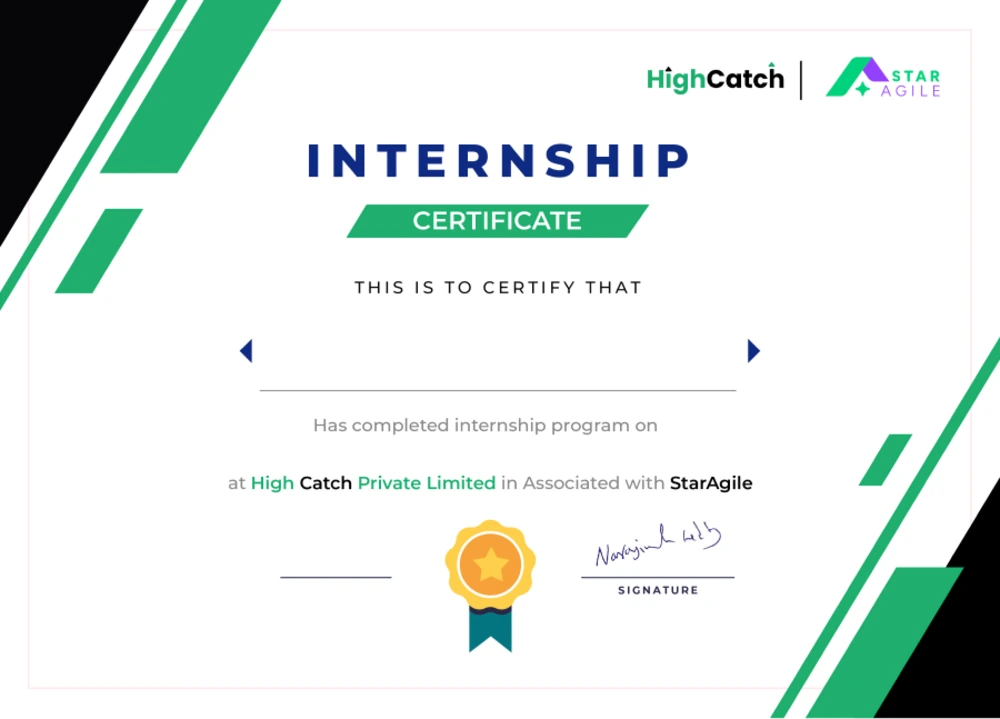
Skills Covered
 Application Development Fundamentals
Application Development Fundamentals  Structured Query Language (SQL)
Structured Query Language (SQL)  Linux Fundamentals
Linux Fundamentals  AWS Fundamentals
AWS Fundamentals  DevOps Overview
DevOps Overview  Managing Source Code – Git and GitHub
Managing Source Code – Git and GitHub  Understanding and Using Build Tools
Understanding and Using Build Tools  Continuous Testing with Selenium
Continuous Testing with Selenium
 Continuous Integration Using Jenkins
Continuous Integration Using Jenkins  Containerization, Docker, and Docker Hub
Containerization, Docker, and Docker Hub  Configuration Management Using Ansible
Configuration Management Using Ansible  Container Orchestration Using Kubernetes
Container Orchestration Using Kubernetes  Monitoring and Logging Using Nagios
Monitoring and Logging Using Nagios  Infrastructure as Code (IaC) Using Terraform
Infrastructure as Code (IaC) Using Terraform  Continuous Deployment Using AWS Services
Continuous Deployment Using AWS Services
Tools Covered










Capstone Projects
Course Reviews
I recently completed the DevOps certification course from Star Agile, and I must say it was a highly enriching experience. The course was well-structured, covering essential DevOps concepts, tools, and best practices with real-world use cases.
I recently completed my DevOps training at StarAgile, and I must say it was a fantastic learning experience! The course was well-structured, covering all essential DevOps concepts with hands-on practice.
The @StarAgile DevOps course exceeded my expectations! The instructors were expert-level and delivered the content in an engaging way. Hands-on labs and real-world examples made the concepts stick. Highly recommended for anyone looking to level up their DevOps skills! #DevOpsTraining #StarAgile#Training Operations
DevOps trainer taught good content with very understanding approach
"I recently completed my DevOps course with StarAgile, and I'm blown away by the exceptional training experience! The instructors were knowledgeable, supportive, and made complex concepts easy to understand. The course material was well-structured, and the hands-on exercises helped me gain practical skills."
DevOps Certification Course Training FAQs
- The DevOps online training is led by certified trainers with over 15 years of industrial experience.
- Training is given with real-life examples, and experienced trainers simplify complex topics.
- To improve the practical experience, the course includes 3 capstone projects and assignments.
- The eligible trainees can get 2 months of placement training.
- StarAgile offers letters of recommendation.
- Course content includes generative AI.
- Get lifetime access to the course materials and enhance your knowledge in DevOps.
In these following cities DevOps Course Certification Training is available by StarAgile
DevOps Career Roadmap FAQs
- DevOps Engineer
- Site Reliability Engineering
- Cloud Engineer
- Release Manager
- Automation Engineer
- Infrastructure Engineer
Cloud Engineer
Cloud Architect
Cloud Consultant
Cloud Administrator
Cloud Security Specialist
Cloud Software Developer
- Amazon Web Services (AWS)
- Microsoft
- IBM
- Oracle
- Red Hat
- Cisco
- Google Cloud
- Salesforce
- Cisco
- Capgemini
- Alibaba Cloud
- DigitalOcean
- Collaboration and Communication:
- To improve collaboration between development, operations, and quality assurance teams.
- Continuous Integration/Continuous Deployment (CI/CD):
- Designed software and built and maintained pipelines for CI/CD.
- Infrastructure as Code:
- The IaC tool is used to manage infrastructure efficiently.
- Monitoring and Performance Optimization:
- Use monitoring tools to track software and its performance.
- Trains can learn the roles and responsibilities through the DevOps engineer course from the StarAgile.
- Cloud Architecture Design: Develop scalable and secure cloud architectures tailored to business needs.
- Deployment and Migration: Oversee the deployment of applications and services in the cloud environment. Planned and executed the migration of applications and data from on-premises to cloud platforms.
- Infrastructure Management: Use Infrastructure as Code tools for resource provisioning.
- Security and Compliance: Establish security protocols and best practices to protect cloud resource
DevOps Basic FAQs
Non Tech courses provided by StarAgile
Tech courses provided by StarAgile
Automation Testing Course with Placement Assistance
Data Science Course with Placement Assistance
Distinctions and Achievements


DevOps Full Course Details & Requirements
What will you learn in the DevOps course?
- Cloud Infrastructure & Fundamentals: Master AWS cloud services and Linux operating systems to build a solid foundation for DevOps practices
- Version Control & Collaboration: Learn Git and GitHub for effective source code management and team collaboration.
- Build Automation & CI/CD Pipelines: Implement continuous integration and deployment workflows using Jenkins and automated build tools.
- Containerization & Orchestration: Package applications using Docker and manage containers at scale with Kubernetes
- Configuration Management: Automate infrastructure configuration and management using Ansible
- Infrastructure as Code (IaC): Provision and manage cloud resources programmatically with Terraform
- Continuous Monitoring & Observability: Monitor system performance and application health using Prometheus and Grafana.
- Testing Automation: Integrate automated testing into your DevOps pipeline with Selenium
- Real-World Application: Apply your skills through hands-on capstone projects that simulate production environments.
Why take a DevOps course?
DevOps has become essential in modern software development, making it one of the most in-demand skill sets in the tech industry. Organizations across all sectors are adopting DevOps practices to accelerate software delivery, improve product quality, and enhance team collaboration. Here's why investing in a DevOps course is a smart career move:
High Market Demand & Growth
- The DevOps market is expected to grow at 19.7% of CAGR from $10.4 billion in 2023 to $25.5 billion in 2028, according to Spacelift
- 83% of IT decision-makers adopt DevOps practices to generate greater business value, and 99% of organizations report DevOps has had a positive effect on their organization.
Competitive Salaries
- United States: The average salary on Glassdoor for a DevOps Engineer is $141,530 per year, with top earners earning up to $217,566 annually
- United Kingdom: DevOps Engineers earn an average of £50,000 to £75,000 annually, with senior positions earning £75,000 to £100,000 InterviewZilla
- Canada: DevOps Engineers earn an average of CAD 90,000 to CAD 120,000 per year, with senior positions earning CAD 120,000 to CAD 150,000. InterviewZilla
- Australia: DevOps Engineer salaries range from $70,594 to $131,320, offering attractive compensation packages, especially for senior developers at Qubit Labs
- India: DevOps Engineers earn an average of ₹7,75,000 per year, with experienced professionals earning between ₹12 lakhs to ₹33 lakhs annually. Igmguru
- In 2025, mid-level DevOps Engineers earn between $122,761 to $153,809, while senior-level positions earn between $146,559 to $173,590. Motion Recruitment.
Business Impact & Benefits
- 61% of organizations say DevOps helped them improve the quality of their deliverables, and 49% reported shorter time to market for software, according to Spacelift
- Teams implementing DevOps practices experience 46 times more frequent code deployments and 96 times faster recovery from failures compared to low-performing teams, according to DevOpsBay
Hands-On Technical Expertise
- A DevOps course provides practical experience with industry-leading tools and technologies like AWS, Docker, Kubernetes, Jenkins, and Terraform. These are the same tools used by top tech companies worldwide, giving you job-ready skills.
Stay Relevant in the Industry
- As traditional IT roles evolve, DevOps practices are becoming standard. Learning DevOps ensures you remain competitive and adaptable in an ever-changing technology landscape.
Improve Efficiency & Productivity
- DevOps methodologies enable faster deployment cycles, reduced errors, and better collaboration. These skills allow you to contribute to building more reliable and scalable systems
Comprehensive Training Solutions for Enterprises


































































 Learn DevOps with Gen AI
Learn DevOps with Gen AI 

















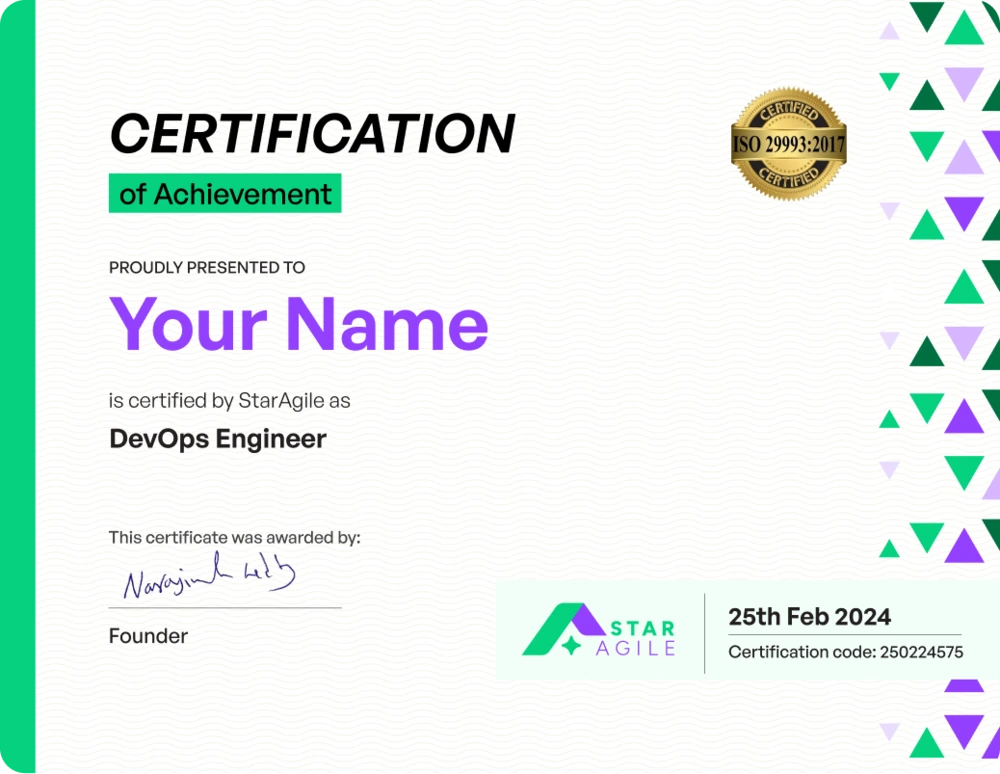
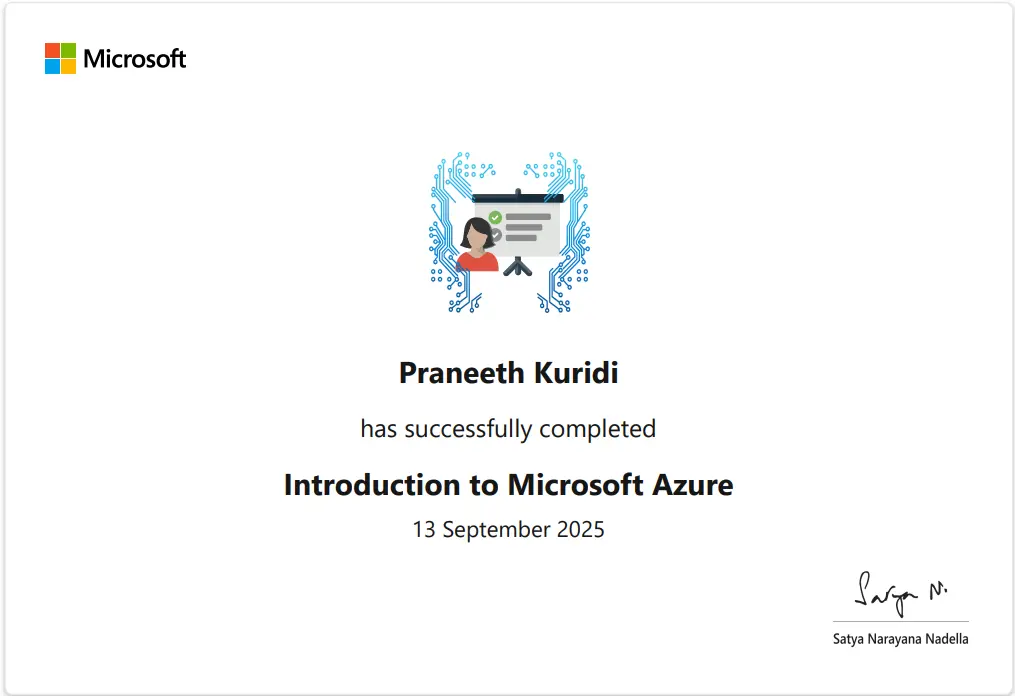

 Verified Learner
Verified Learner